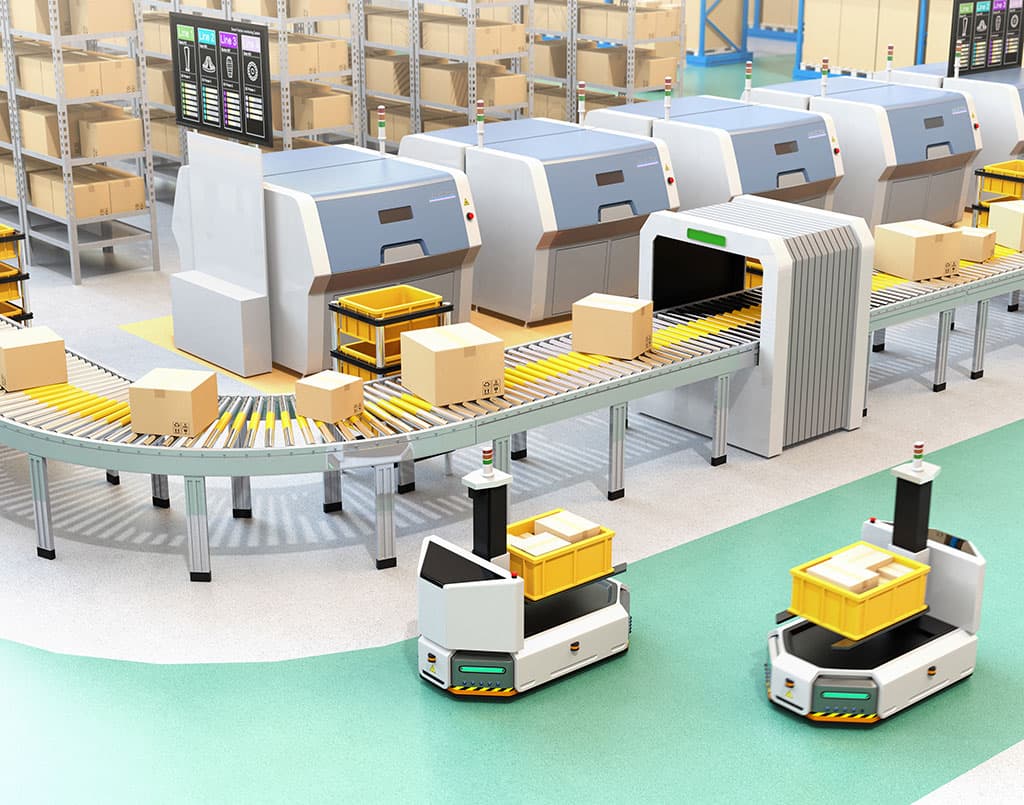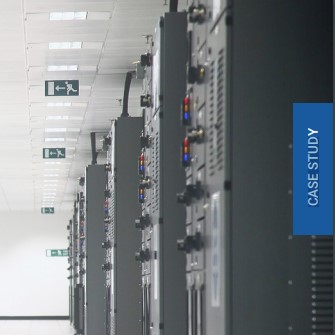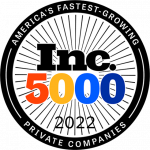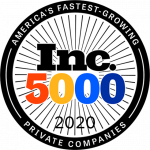Future-Ready SAP SCM Solutions for Intelligent Supply Chain Transformation
In today’s competitive and globalized landscape, businesses are under immense pressure to respond to fluctuating market demands, supply disruptions, and evolving customer expectations. SAP Supply Chain Management (SAP SCM) empowers organizations to achieve greater agility, operational continuity, and digital maturity. At Nsight, we guide enterprises through intelligent adoption of SAP SCM solutions, leveraging our expertise in SAP S/4HANA, SAP IBP, SAP EWM, SAP Ariba, and SAP GTS to craft resilient and future-proof supply chains.

With SAP SCM, enterprises move away from traditional linear supply chains toward dynamic, networked, and intelligent ecosystems. Nsight aligns your supply chain goals with SAP’s powerful digital backbone, including decisions around SAP Rise vs SAP HANA, deployment on SAP HEC Azure, or choosing between RISE with SAP vs GROW with SAP.


Future-proof your Supply Chain and Prepare to Outpace any Disruption
Unifying Strategy with Execution: SAP SCM Key Modules
SAP SCM is not a monolithic system, but a suite of interoperable modules tailored to every stage of the supply chain lifecycle. Nsight implements and integrates these capabilities to drive tangible value across planning, sourcing, production, logistics, and compliance.

SAP Integrated Business Planning (IBP)
SAP Integrated Business Planning (IBP)
Leverage IBP for real-time supply and demand planning, scenario analysis, and exception-based management. Predict market fluctuations, balance demand-supply cycles, and reduce inventory overheads with AI-augmented forecasting.

SAP Extended Warehouse Management (EWM)
SAP Extended Warehouse Management (EWM) Gain end-to-end visibility and control over warehousing operations. SAP EWM integrates warehouse execution, inventory tracking, slotting optimization, and real-time workforce management to increase accuracy and throughput.
SAP Transportation Management (TM)
SAP Transportation Management (TM) Improve freight collaboration, reduce transportation costs, and track shipments in real time. Integrate carrier operations and warehouse dispatches with predictive analytics for delivery performance monitoring. 
SAP Ariba
SAP Ariba Enable smarter procurement and supplier collaboration with SAP Ariba. Nsight ensures your upstream sourcing connects seamlessly to production planning and finance workflows, ensuring compliance and cost efficiency.
SAP Global Trade Services (GTS)
SAP Global Trade Services (GTS)
Navigate cross-border logistics with built-in global trade compliance. SAP GTS automates export/import documentation, monitors restricted parties, and ensures regulatory conformity across jurisdictions.Harness the Power of Digital Supply Chain
SAP S/4HANA and the Digital Core of SCM
A successful SCM transformation rests on a robust ERP foundation. SAP S/4HANA provides that digital core, supporting real-time analytics, embedded AI, and seamless data orchestration across functions. Nsight engineers SAP SCM solutions that fully utilize the power of S/4HANA for synchronized supply chain planning, logistics execution, and financial integration.
Businesses evaluating SAP Rise vs SAP Grow often seek flexibility, scalability, and industry-specific accelerators. Nsight helps enterprises navigate these frameworks and select the right fit:
RISE with SAP
A comprehensive business transformation-as-a-service that bundles S/4HANA Cloud, infrastructure, and services.
GROW with SAP
Designed for mid-size companies focused on rapid time-to-value with ready-to-run cloud ERP.
Download our [GROW with SAP PDF] to explore which approach aligns with your current and future supply chain goals.
Build an Intelligent Supply Chain for Improved Customer Experience
Strategic Advantages Delivered by Nsight
• SAP Gold Partner with deep industry expertise across manufacturing, CPG, automotive, and life sciences
• Multi-cloud SAP deployment capabilities including SAP HEC on Azure
• Agile deployment methodology powered by SAP Activate and Nsight accelerators
• Scalable support model for global enterprises and regional rollouts
• Data-driven governance and performance metrics aligned with industry KPIs
Our methodologies are informed by latest trends and insights, including strategic takeaways from Sapphire 2024, ensuring your SCM investment stays future-focused and innovation-ready.
Business Outcomes with Nsight’s SAP SCM Solutions
• Improved demand forecast accuracy by up to 40%
• Reduction in logistics costs through intelligent transportation planning
• Warehouse efficiency uplift through automation and optimized slotting
• Streamlined procurement cycles and increased supplier transparency
• Regulatory compliance through automated trade controls and audit trails
Frequently Asked Questions (FAQs)
A supply chain, in simple terms, is the complete process of developing a product and getting it to the customer. To optimize the process, we need to understand the three main phases of a supply chain: design, planning, and execution/operation.
A holistic supply chain management consists of five critical functions: planning, sourcing, fulfillment, manufacturing, and aftermarket services. When optimized, supply chain management helps cope with uncertainty and respond to market needs quickly. It helps businesses meet the changing demands and ensures they can develop the capability to navigate the changes.
Supply chain operations like customer service, sales, operations planning, supply chain network design, and asset utilization can benefit from digital technologies. Automation, Artificial Intelligence, RFID, and Cellular technologies are some digital technologies that help build next-generation supply chain operations.
More organizations are relying on AI-powered and insight-driven supply chains to address current and future challenges. As per Gartner, technologies will help self-regulate and augment the capabilities of humans as the supply chain evolves. Some leading technologies to transform the supply chain are Artificial Intelligence, Blockchain, the Internet of Things (IoT), and Quantum Computing.
Product, information, and financial flows are the three types of flows in supply chain management. This flow typically occurs between suppliers, manufacturers, distributors, and consumers or customers. As customer needs evolve, the flow also concerns customer returns and service needs.
The conventional supply chains needed to be more flexible, agile, and unified. The pandemic exposed and exacerbated all the challenges. The top five challenges that irk the supply chain network are:
- The sudden surge of eCommerce websites and customer demands,
- The brittle infrastructure of shipping and logistics,
- Decentralized inventory
- High employee and labor attrition,
- Inability to respond to a shift in supply and demand
Technology has made it much easier to gather and analyze essential data. Data on shipping times, cargo weight, weather patterns, traffic routes, and more can help improve transparency, optimize routes, and make supply chains more reliable and automated. As per Gartner, 38% of supply chain organizations are adopting technology to support their end-to-end processes. Digital technologies accelerate the supply chain network.
Artificial Intelligence (AI), Machine Learning (ML), Blockchain, and Digital twins are the leading technologies supply chains are opting for to bring increased efficiency and transparency to the processes. These advanced technologies proactively manage the supply chain networks. AI is helping remove inefficiencies and giving insights to empower improved planning and effective decision-making.











